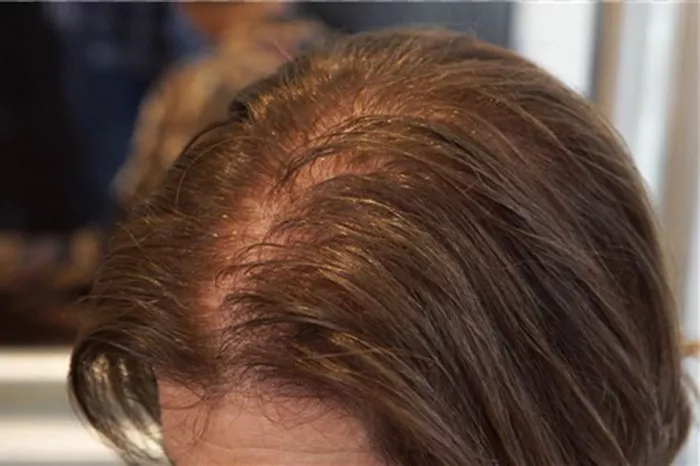Supplements are often hailed for their potential to improve various aspects of health, including hair growth. However, it’s important to recognize that not all supplements are created equal, and some can have unintended consequences. In rare cases, certain supplements have been associated with hair loss. In this article, we’ll delve into the supplements that have been linked to hair loss and the underlying mechanisms at play.
1. Vitamin A
While vitamin A is essential for overall health, excessive intake can have adverse effects, including hair loss. Vitamin A plays a role in cell growth, and an excess can lead to hair follicles entering a resting phase, resulting in temporary hair loss. This is more likely to occur with excessive intake from supplements rather than dietary sources.
2. Vitamin E
Vitamin E is known for its antioxidant properties and role in skin health. However, high doses of vitamin E supplements can interfere with blood clotting and affect blood circulation to the scalp. Impaired blood flow can compromise hair follicles, leading to hair loss.
3. Selenium
Selenium is a trace mineral that is crucial for various bodily functions. However, excessive selenium intake, often through supplements, can lead to a condition called selenosis. Hair loss is one of the potential symptoms of selenosis.
4. Biotin
Biotin, also known as vitamin B7, is often marketed for its potential to improve hair and nail health. Paradoxically, biotin deficiency can indeed lead to hair loss. On the other hand, excess biotin intake, particularly through supplements, can interfere with certain laboratory tests, mislead diagnosis, and potentially impact hair health.
5. Iron
Iron deficiency is a known cause of hair loss, but excessive iron levels can also lead to problems. Individuals who have a genetic predisposition to iron overload disorders, such as hemochromatosis, might experience hair loss as a result of excess iron.
6. Herbal Supplements
Certain herbal supplements, such as ginkgo biloba and saw palmetto, have been linked to hair loss. These herbs can influence hormonal levels, particularly those related to androgens, which can impact hair growth patterns.
7. Hormonal Supplements
Hormonal supplements, including anabolic steroids and certain bodybuilding supplements, can disrupt natural hormone balance. These imbalances can contribute to hair loss, especially in individuals genetically susceptible to androgenetic alopecia (male and female pattern baldness).
It’s crucial to emphasize that the quality and dosage of supplements play a significant role in their potential effects. Taking supplements in excessive amounts or without proper medical guidance can lead to unintended consequences, including hair loss.
Will the hair loss come back?
In many cases of temporary hair loss, such as postpartum shedding or certain nutritional imbalances, the hair loss is reversible, and the hair will likely grow back once the underlying cause is addressed. Once hormonal balances stabilize, nutritional deficiencies are corrected, or other triggering factors are resolved, the hair follicles can re-enter the growth phase, leading to regrowth. It’s important to be patient, as the hair regrowth process can take time. If you’re concerned about the extent of hair loss or if it doesn’t seem to be improving, consulting a healthcare professional or dermatologist can provide personalized guidance.
See Also: Does Viviscal Stop Hair Loss? Unveiling the Truth
Consultation and Professional Advice
Before incorporating any supplements into your routine, especially those aimed at promoting hair growth, it’s essential to consult with a healthcare provider or a registered dietitian. These professionals can help determine if you have any deficiencies that warrant supplementation and guide you on safe and effective dosages.
In conclusion
While supplements can offer potential health benefits, it’s important to exercise caution. Excessive intake of certain supplements can lead to hair loss and other adverse effects. Before making any changes to your supplement regimen, seek guidance from a medical professional to ensure that your choices are well-informed and aligned with your health goals.


